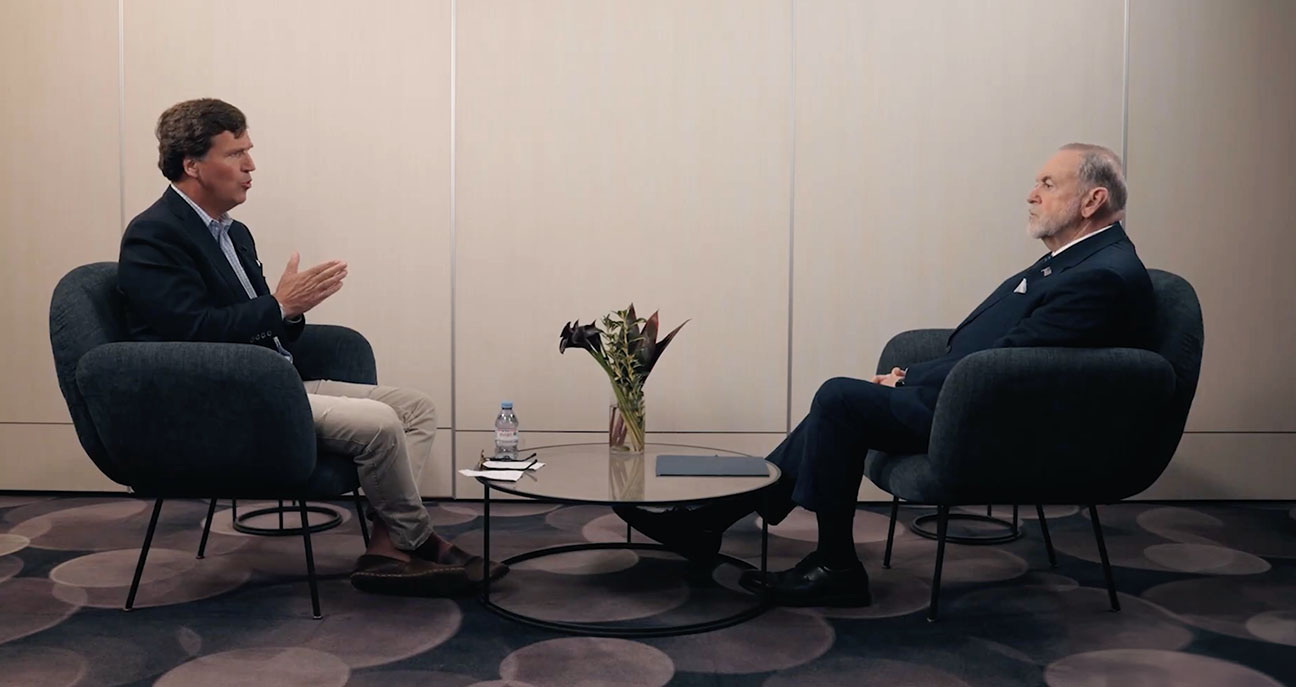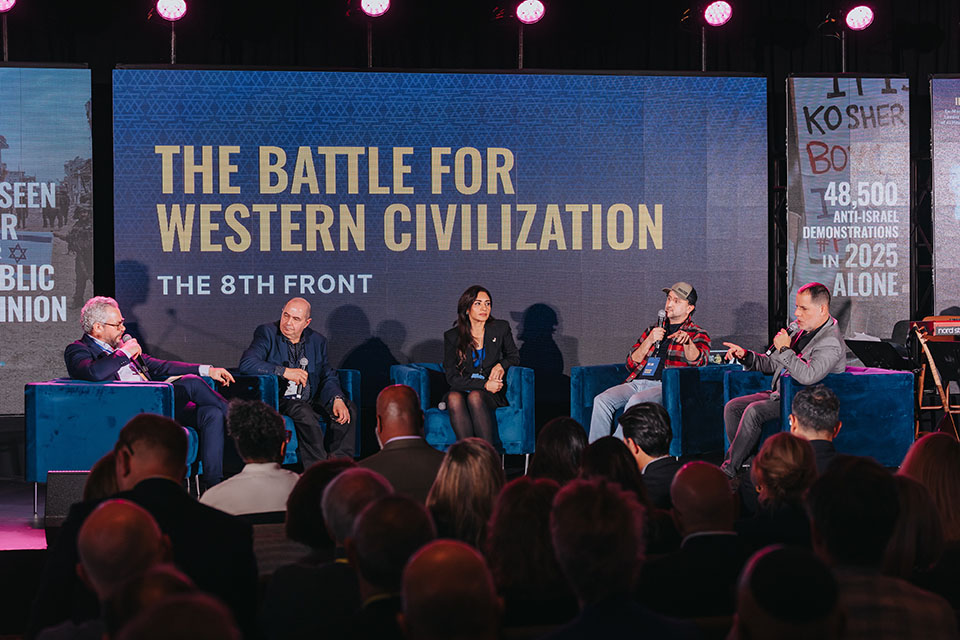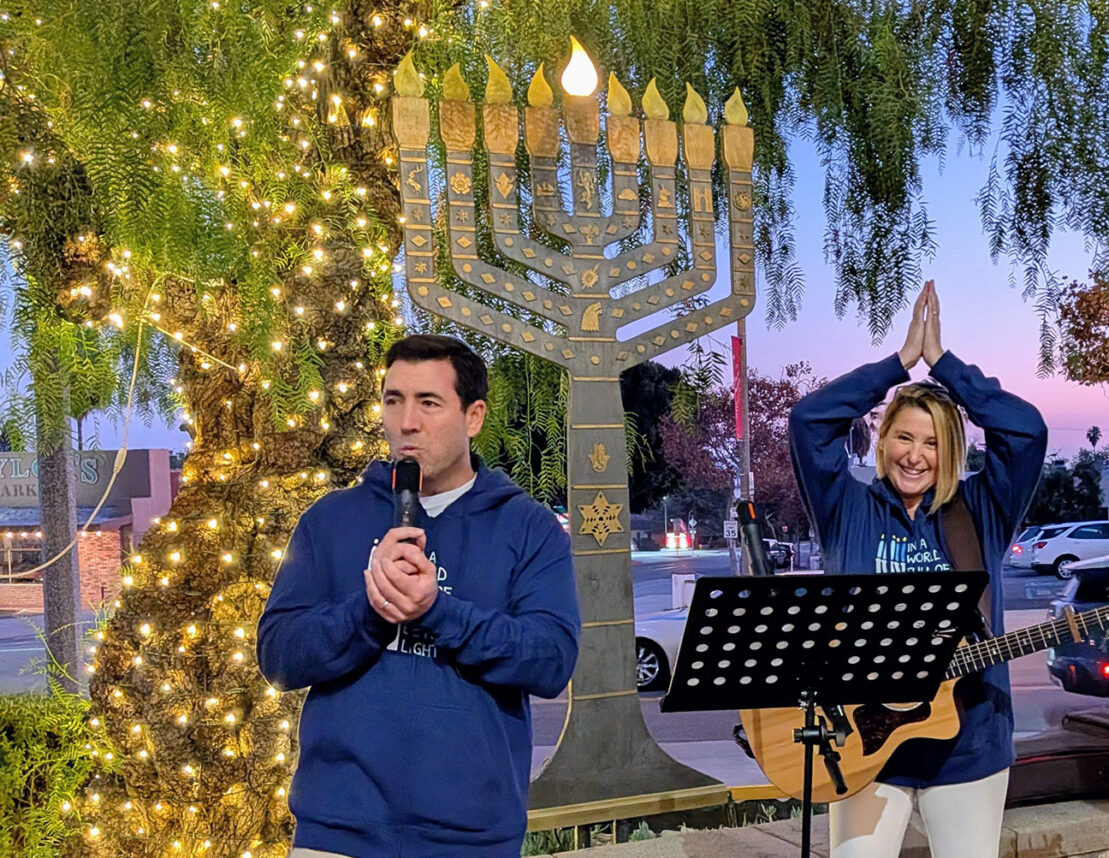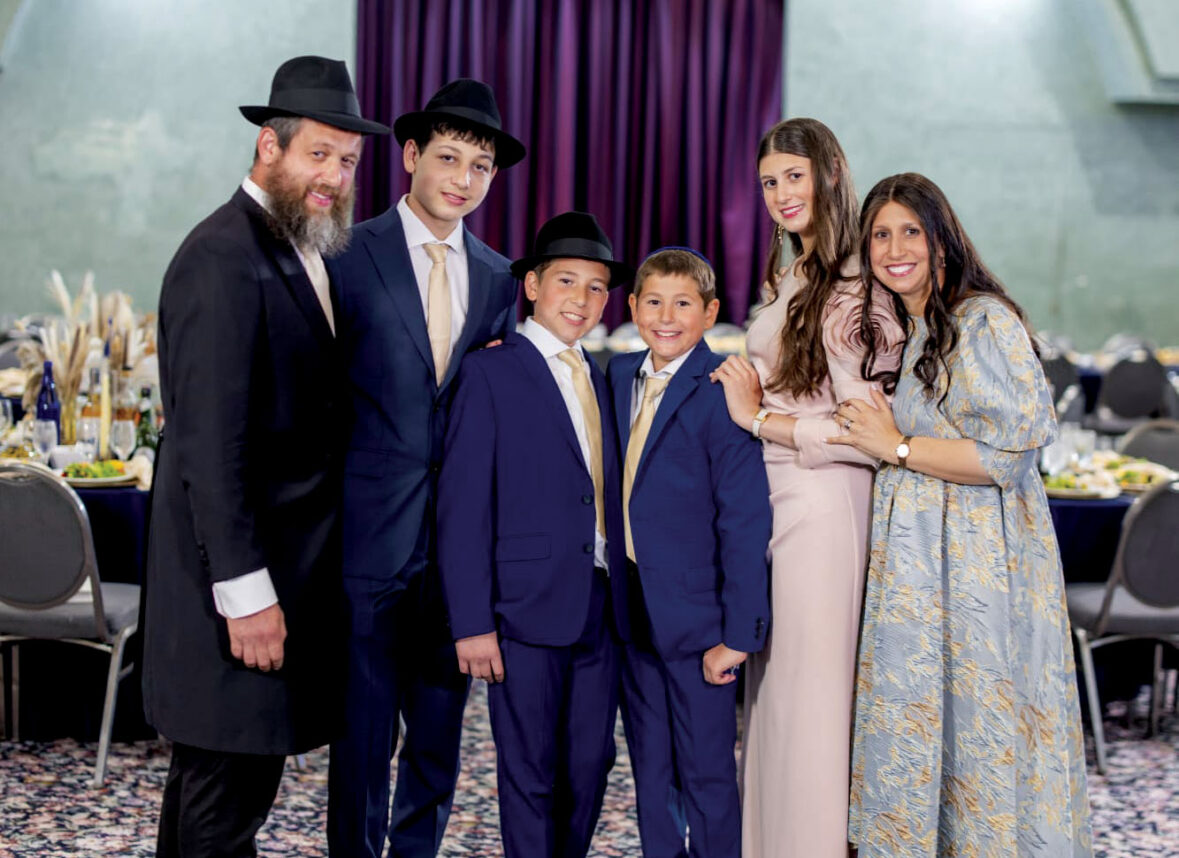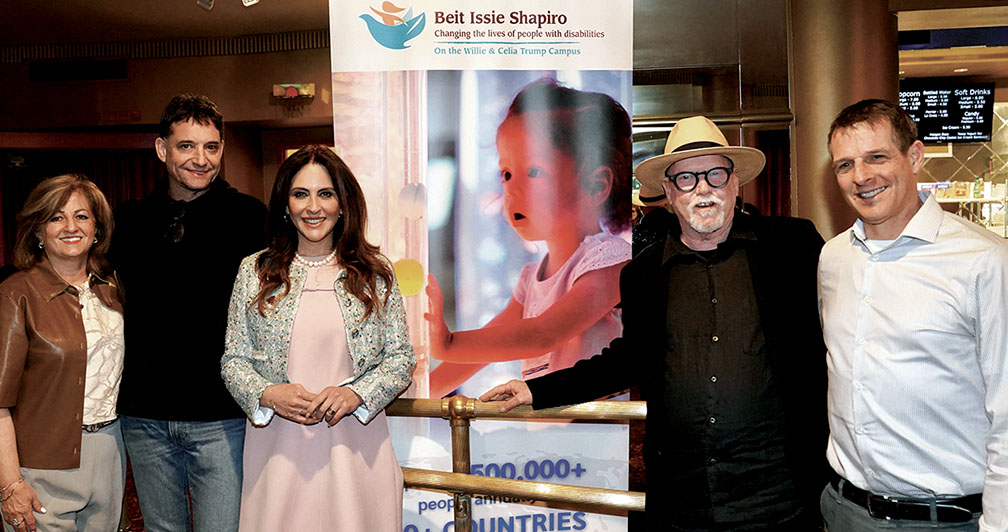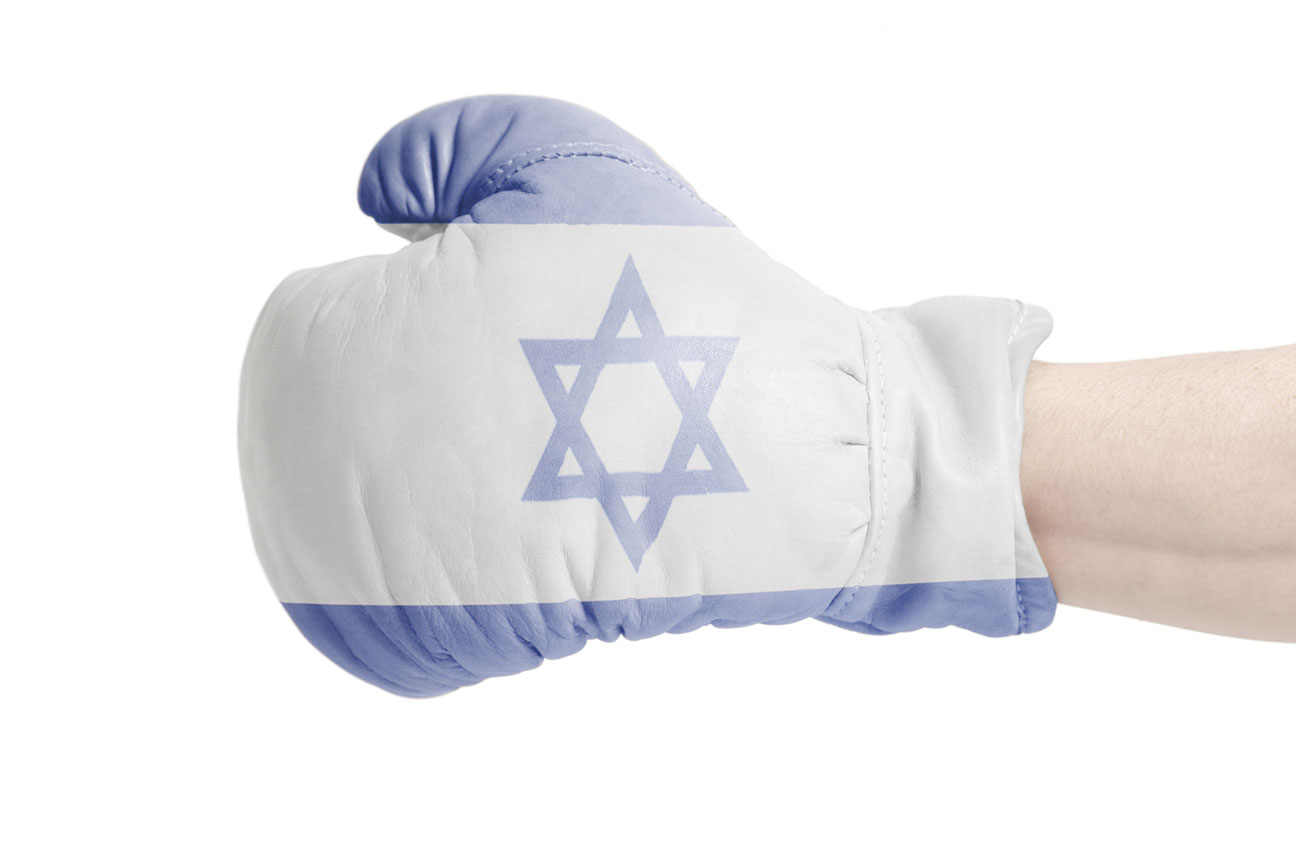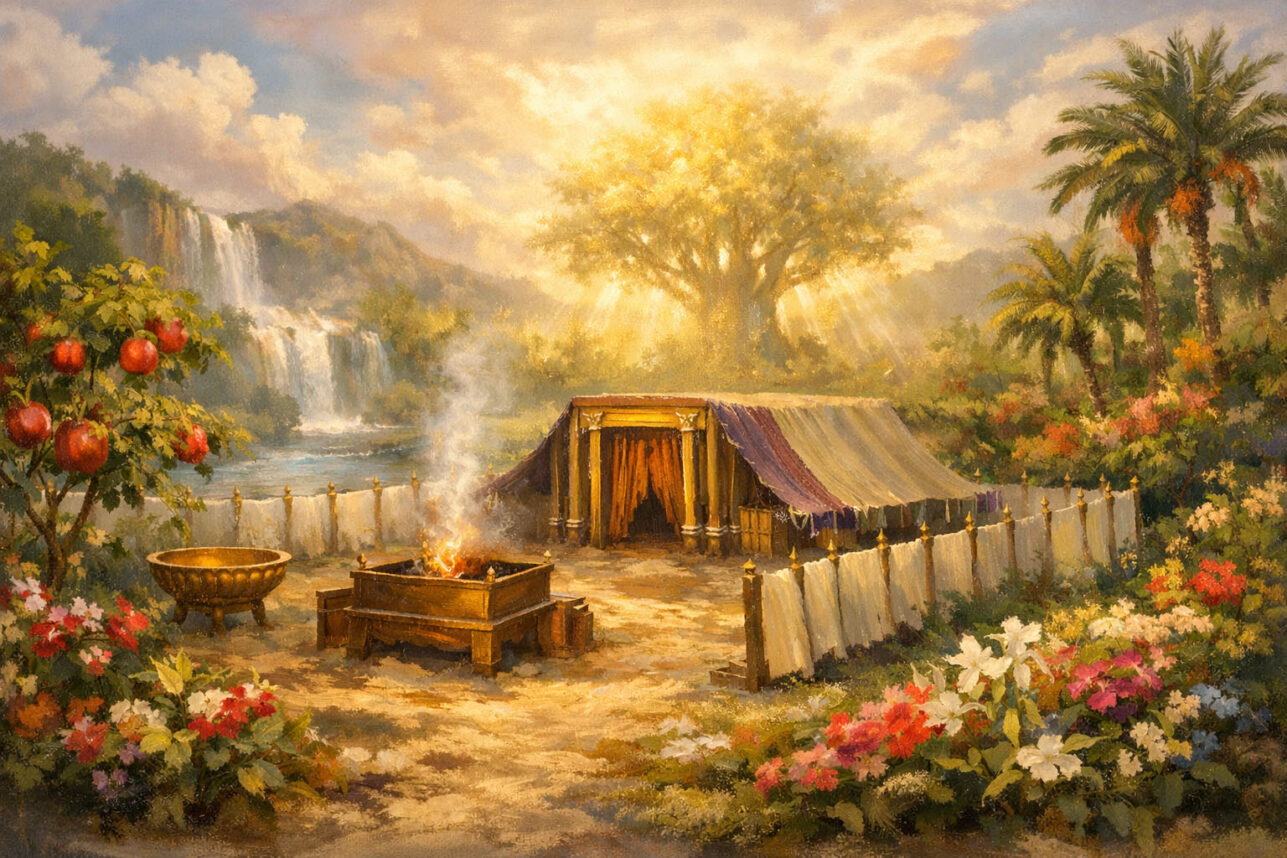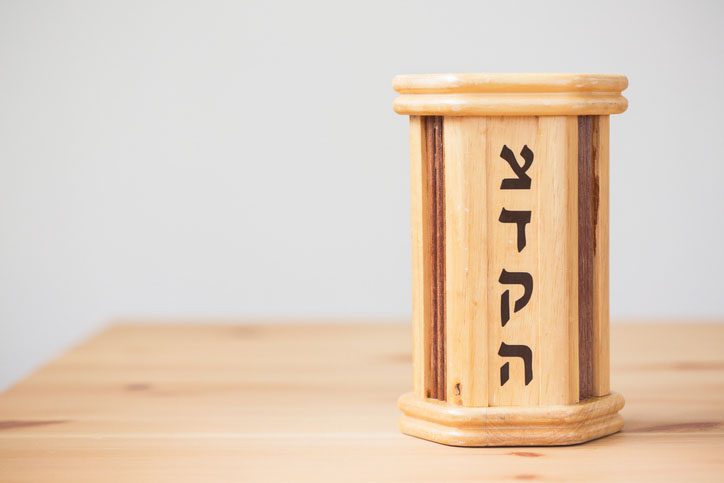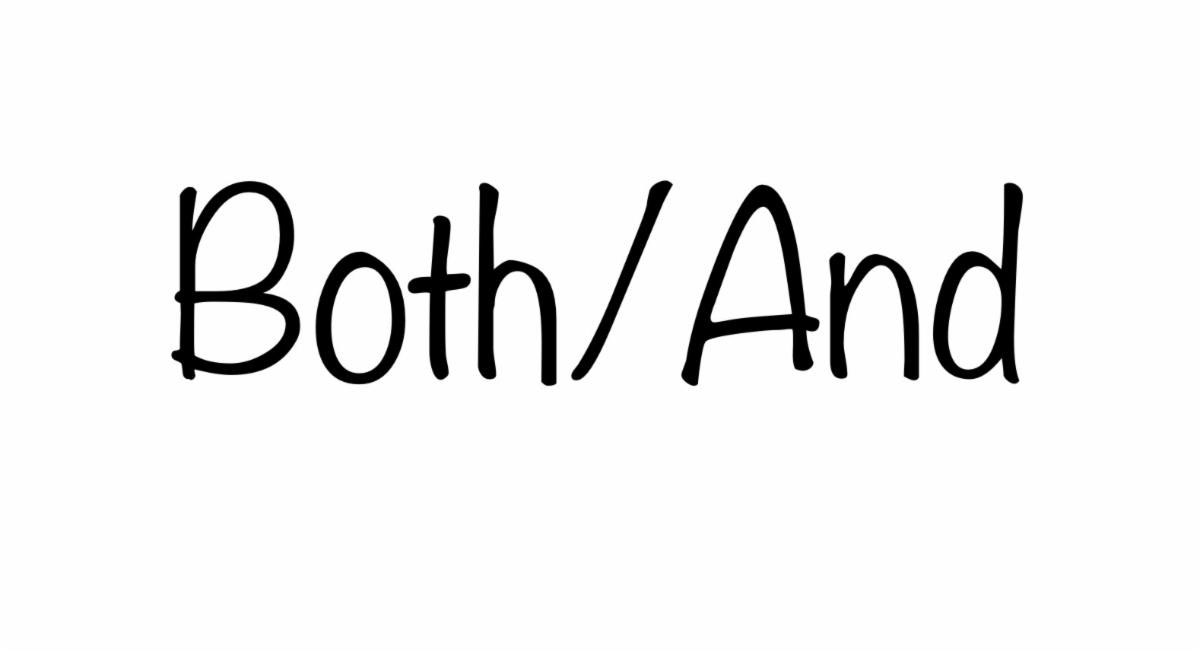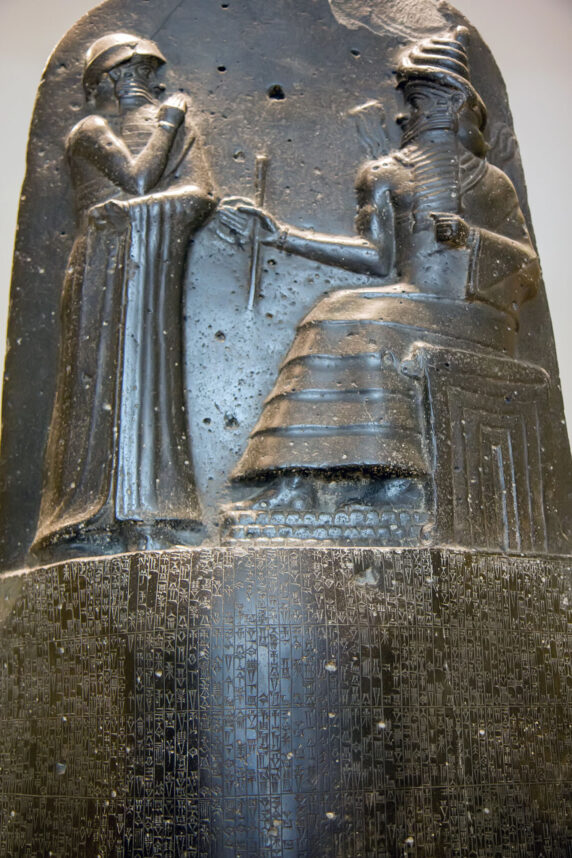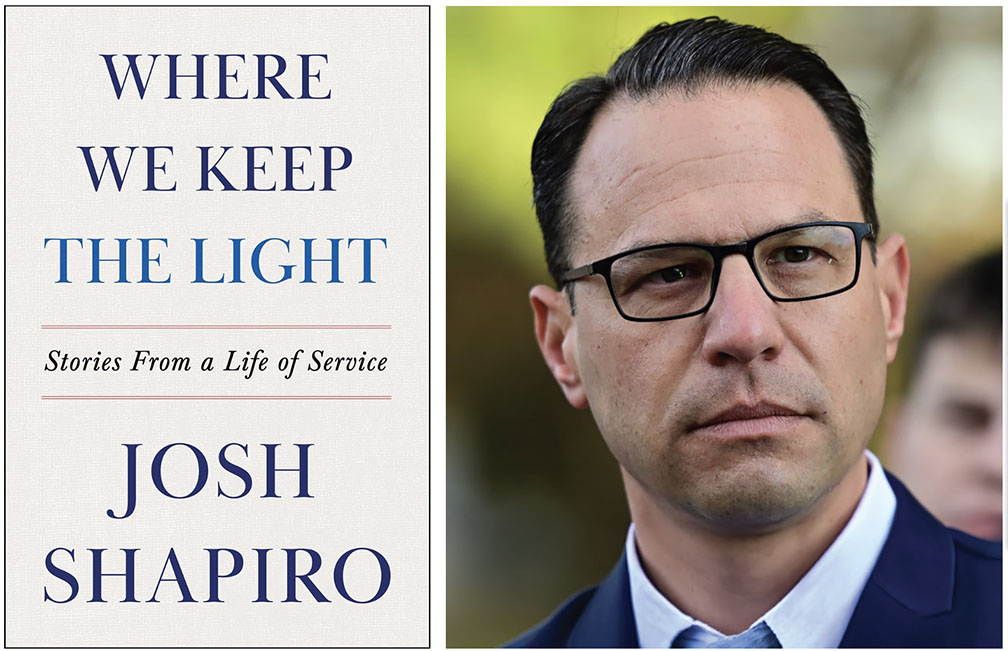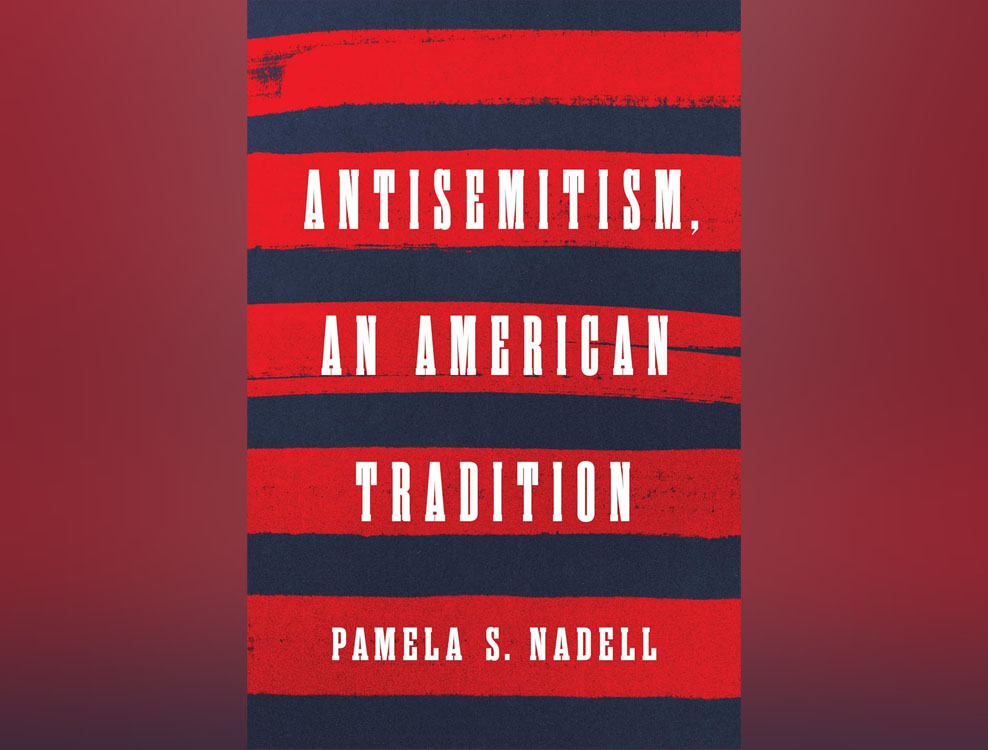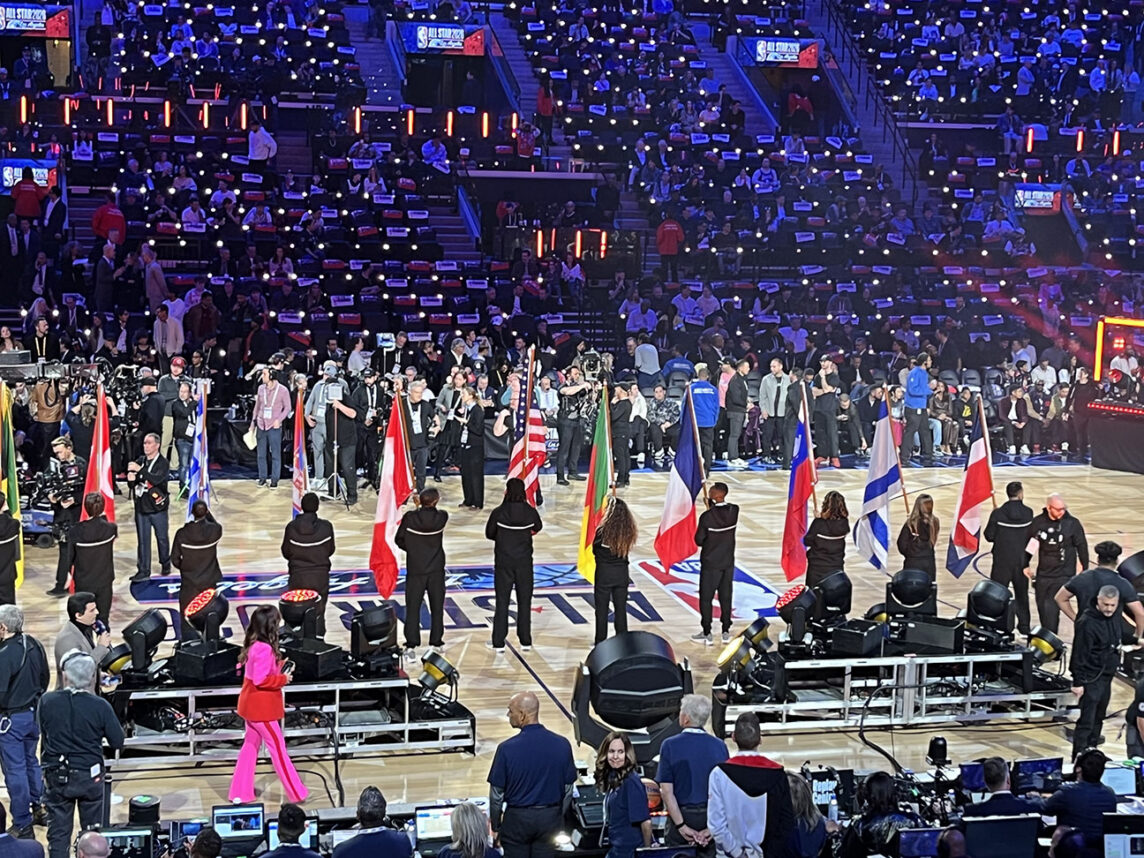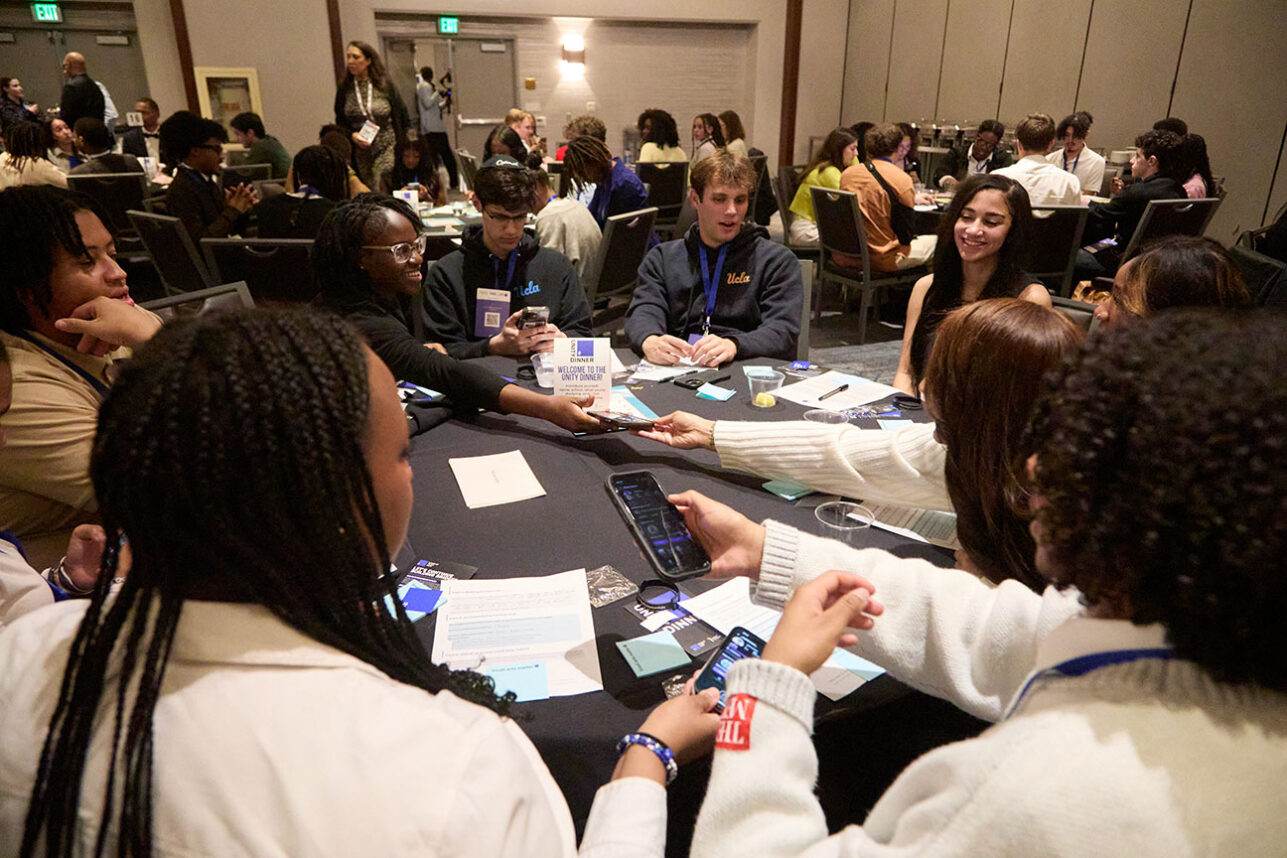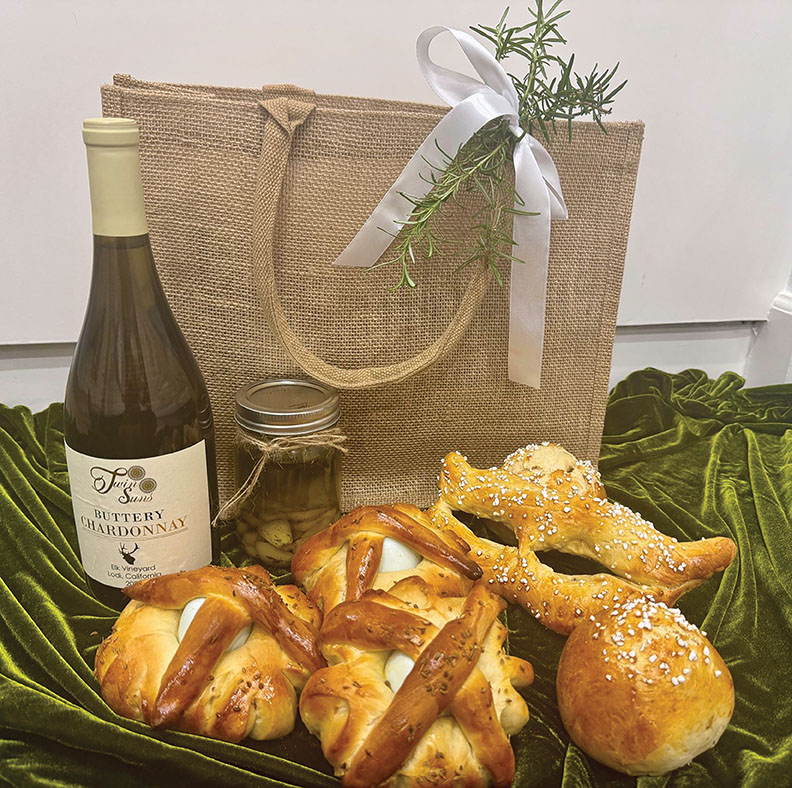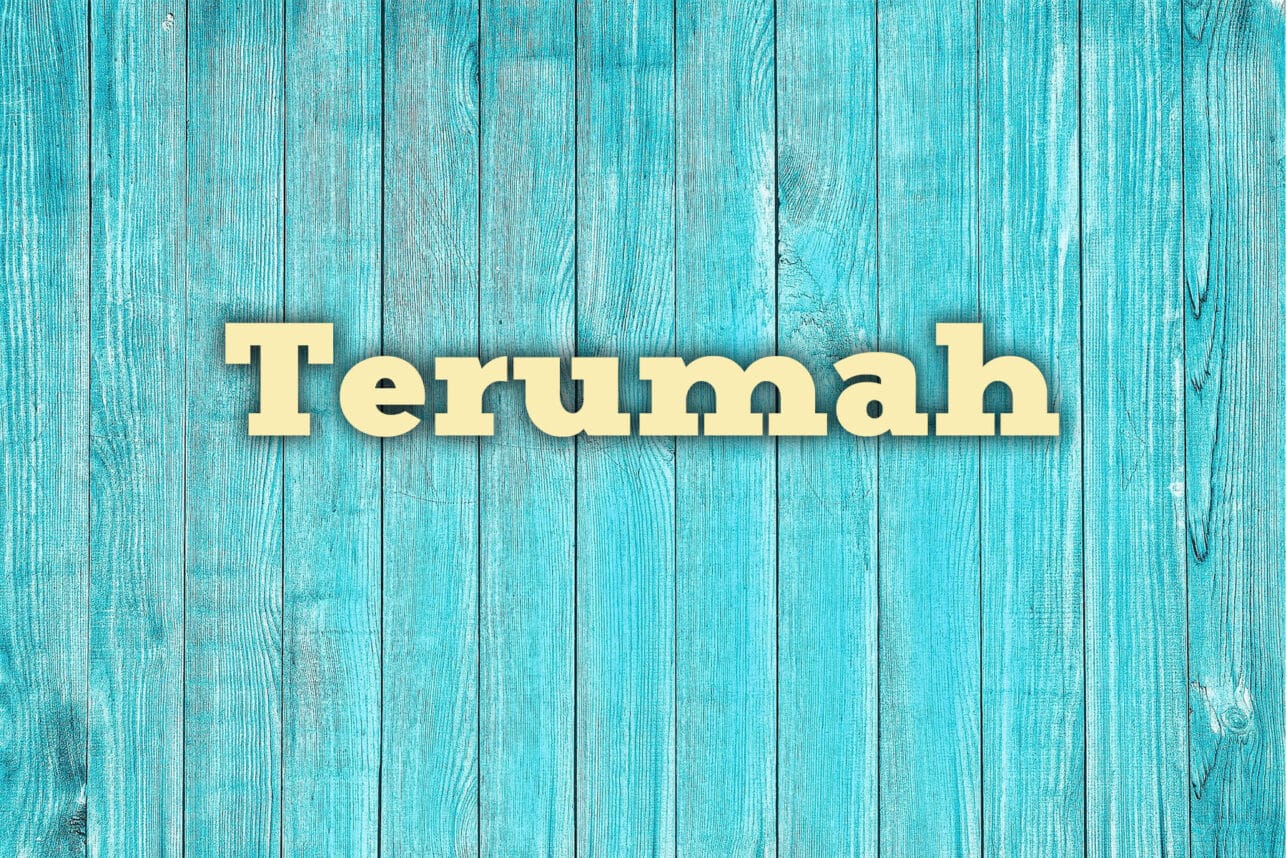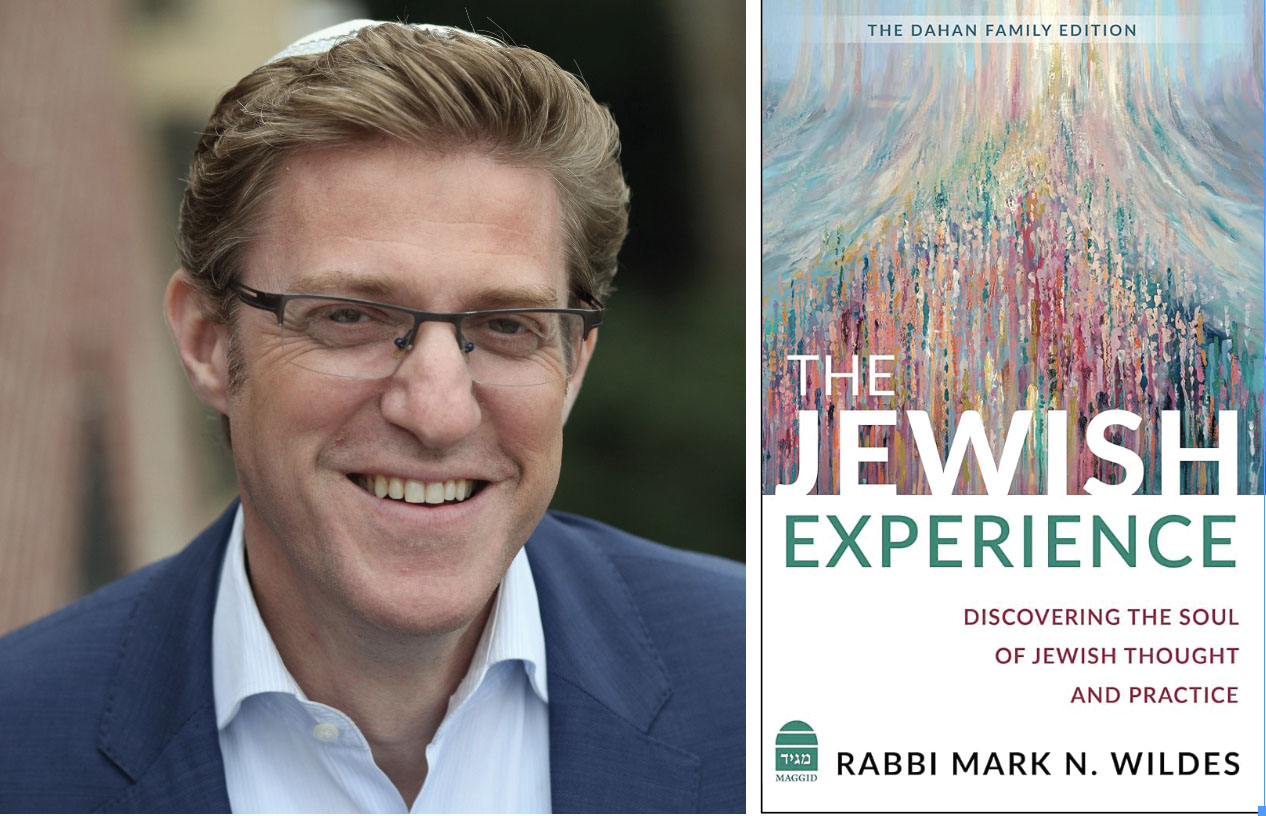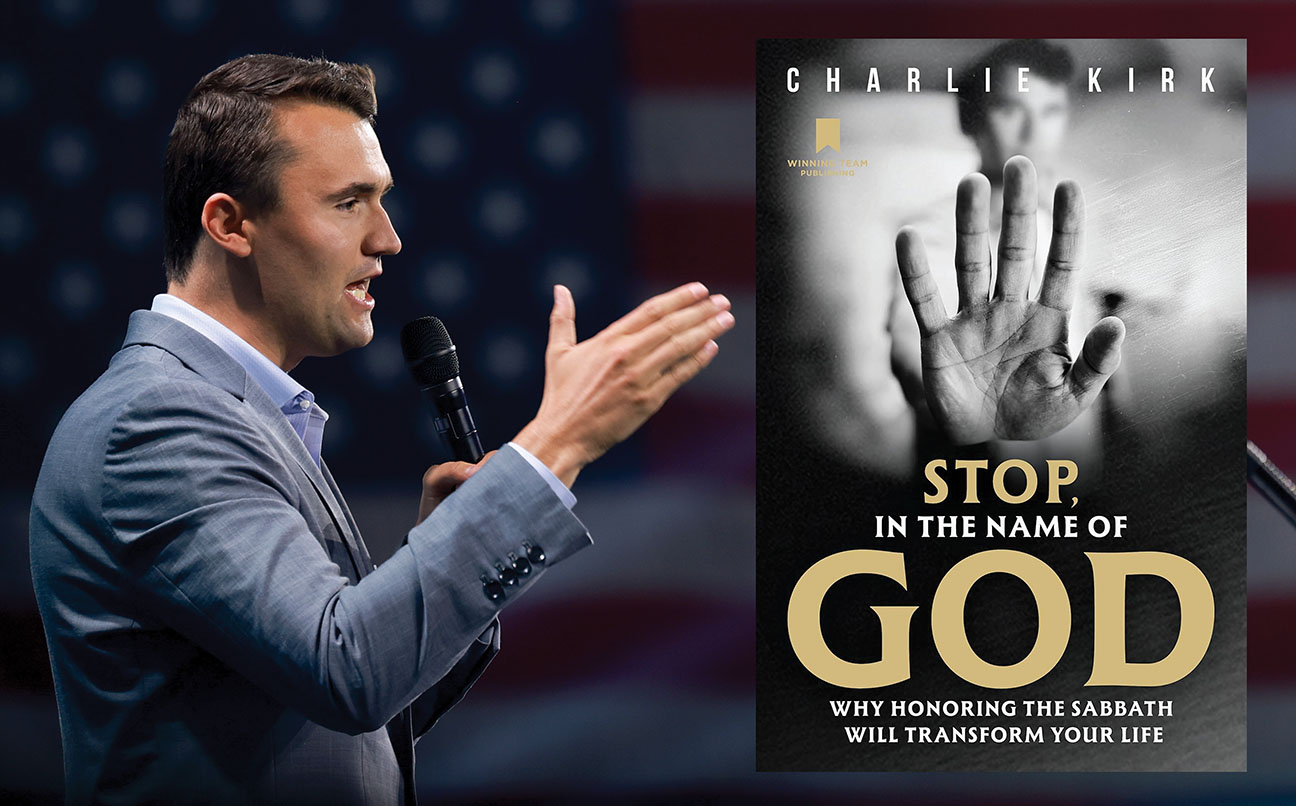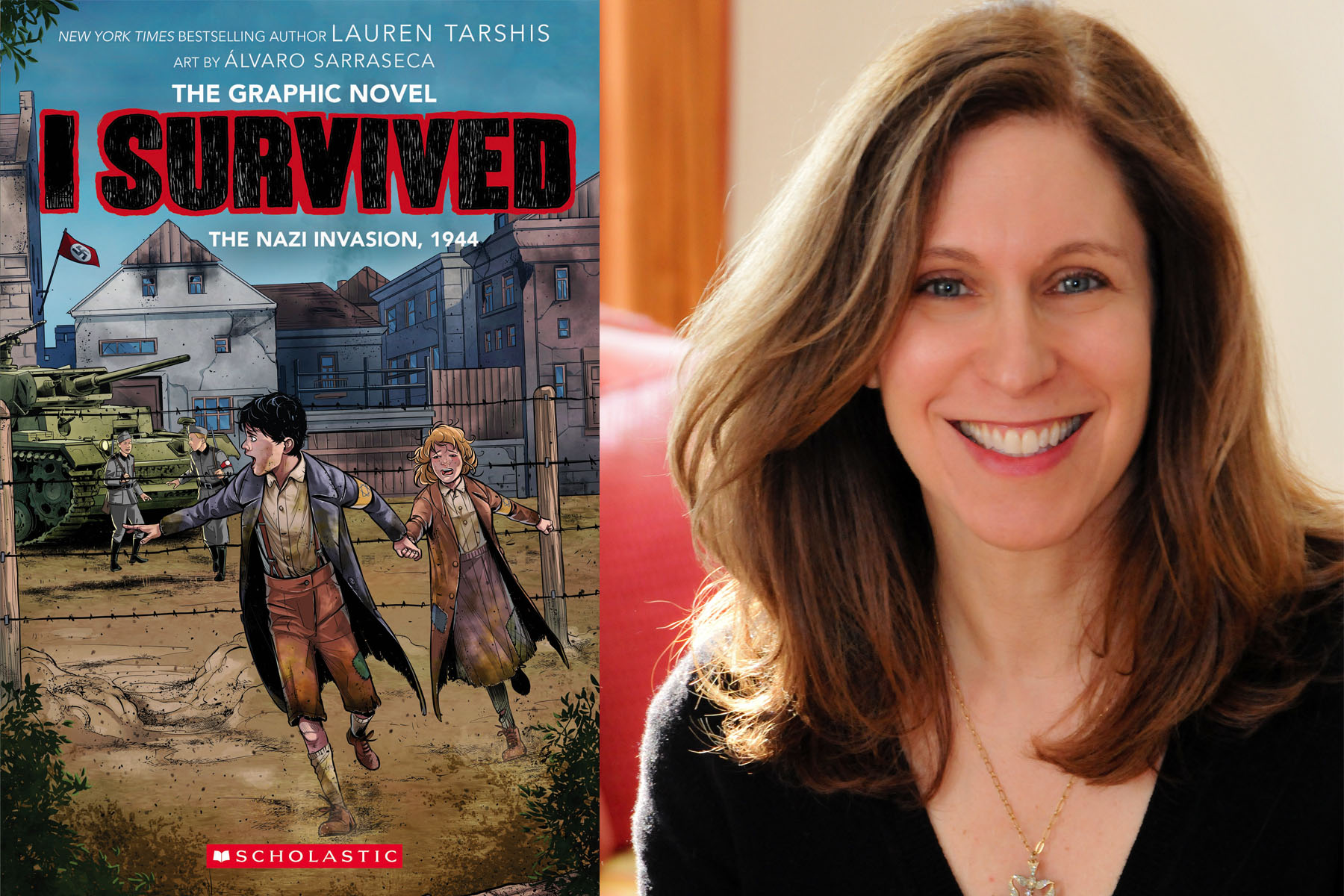
Ten years ago, Scholastic children’s book author Lauren Tarshis wrote a book called, “I Survived the Sinking of the Titanic, 1912.” The book detailed the fictional story of George, who goes on the Titanic with his family and ends up surviving after it crashed into an iceberg. The New York Times-bestselling author went on to write about other historical events like Hurricane Katrina, the San Francisco Earthquake of 1906, 9/11 and the American Revolution. Her books are for eight-year-olds to middle schoolers and have been translated into 14 different languages.
Now, her latest work, “I Survived the Nazi Invasion, 1944” is out. It’s a graphic novel whose main character, Max Rosen, is a Jewish boy living in Poland. When the Nazis take over the country, Max is sent to the ghetto. He and his sister end up surviving the war thanks to the Jewish resistance fighters, and they get to move to America with their father at the end of the story. Álvaro Sarraseca illustrated the novel.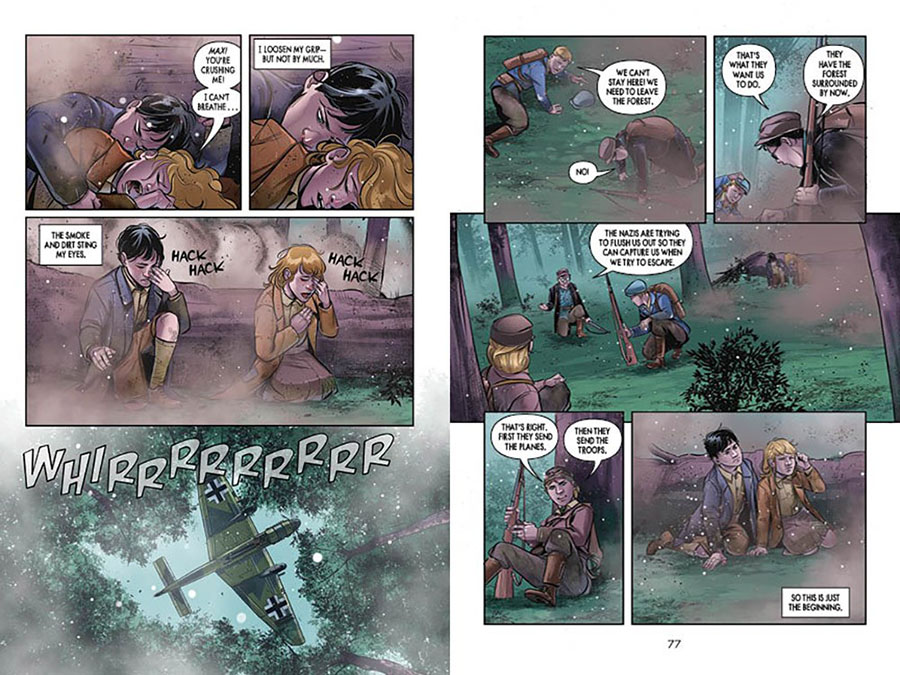
Tarshis, whose mother-in-law was a survivor who narrowly escaped Germany, said she’s been hearing about the Holocaust since she was a child. “When I decided to write my Holocaust book, I didn’t want to take kids into a concentration camp. I was always interested in the partisans. It’s not a [story] that’s been really told, especially for kids.”
Originally, Tarshis wrote the story as the ninth book in the “I Survived” series but she then turned it into a graphic novel that was released this past February. “I get mail from kids who have never met a Jewish person,” she said. “They have a lot of questions.”
Unlike many stories about the Holocaust, “I Survived the Nazi Invasion, 1944” shows the protagonists fighting back against the Nazis and succeeding. They hide in a Polish farmer’s barn and then in the woods, where they get critically injured during a bombing. Eventually, after hunkering down and receiving medical care, they are able to leave the country and immigrate to the United States. The back of the novel shows photographs of Hitler and the war along with a timeline of when major events occurred, ending with the founding of Israel in 1948.
Unlike many stories about the Holocaust, “I Survived the Nazi Invasion, 1944” shows the protagonists fighting back against the Nazis and succeeding.
Tarshis, a mother of four who lives in Connecticut, said that when she first started writing her series, she was surprised it didn’t already exist. Her children wanted to read them, and teachers wanted to share these stories in their classrooms.
Each one of the “I Survived” books requires a tremendous amount of research. For this novel, Tarshis used information she already had from survivors she knew, like her mother-in-law and a family friend who lived in the woods during the Holocaust. She also read survivors’ memoirs.
“This book is dedicated to the people whose books really inspired me,” she said. “There were certain people I read about who actually went on and lived somewhat joyful lives after. The idea that you could encounter such blackness and hatred and loss but still manage to piece together your life and move on is so inspiring.”
Although she wrote “I Survived the Nazi Invasion, 1944” and her other books for children, Tarshis said her book is still realistic about what it means to go through a traumatic experience.
“I try not to be too reductive about it and say, ‘Oh you survived, you’re fine,’” said Tarshis. “In this particular story, Max is very haunted by his memories. Even as things are looking more hopeful, they’re about to embark on the next chapter, and he is cognizant of the fact that he will have scars from this. It will shape him in ways he can’t predict, but he still has to move on.”
She continued, “I really want to provide kids with models of resilience. History provides us with a lot of inspiration and lessons on how we can confront difficult times and still move forward.”
Kylie Ora Lobell is a writer for the Jewish Journal of Los Angeles, The Forward, Tablet Magazine, Aish, and Chabad.org and the author of the first children’s book for the children of Jewish converts, “Jewish Just Like You.”










